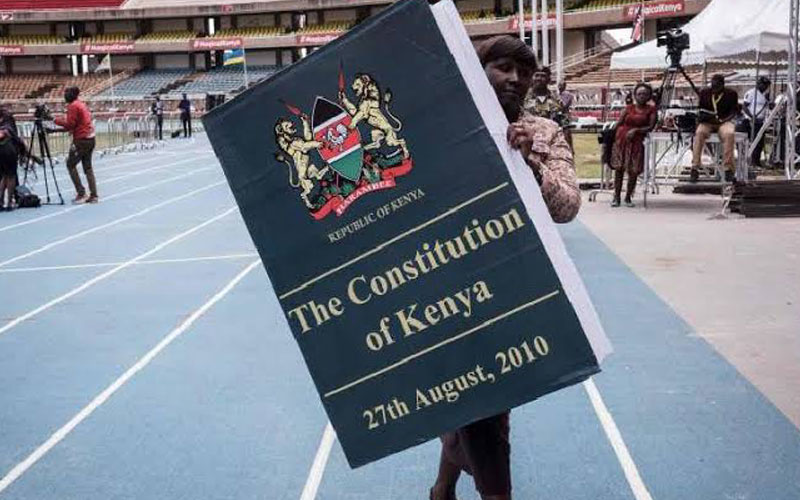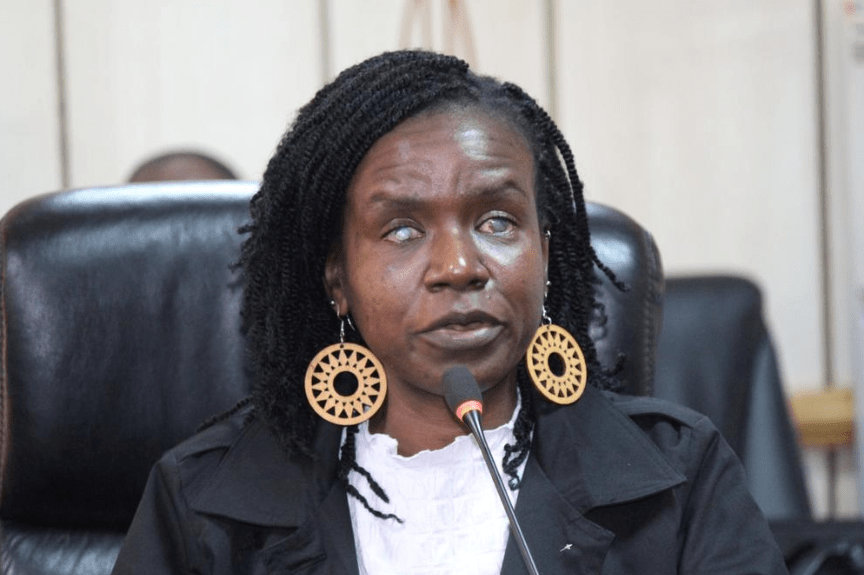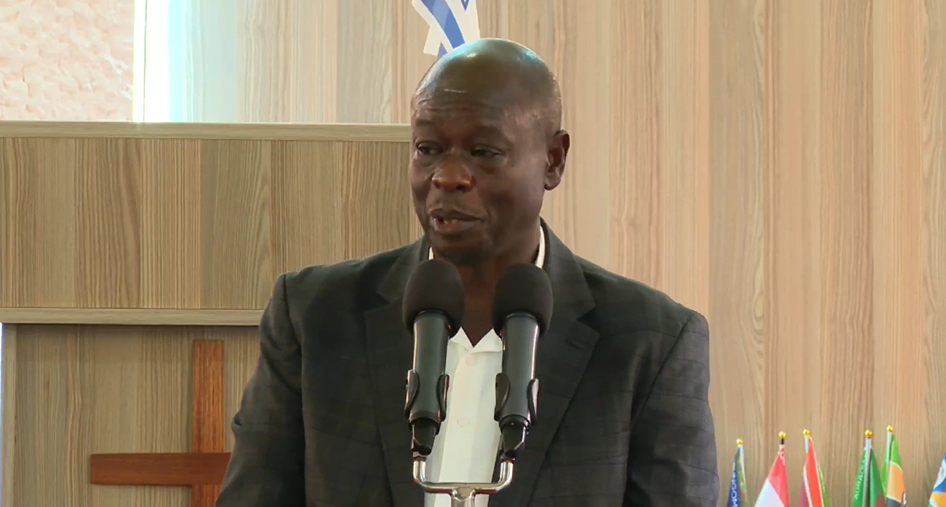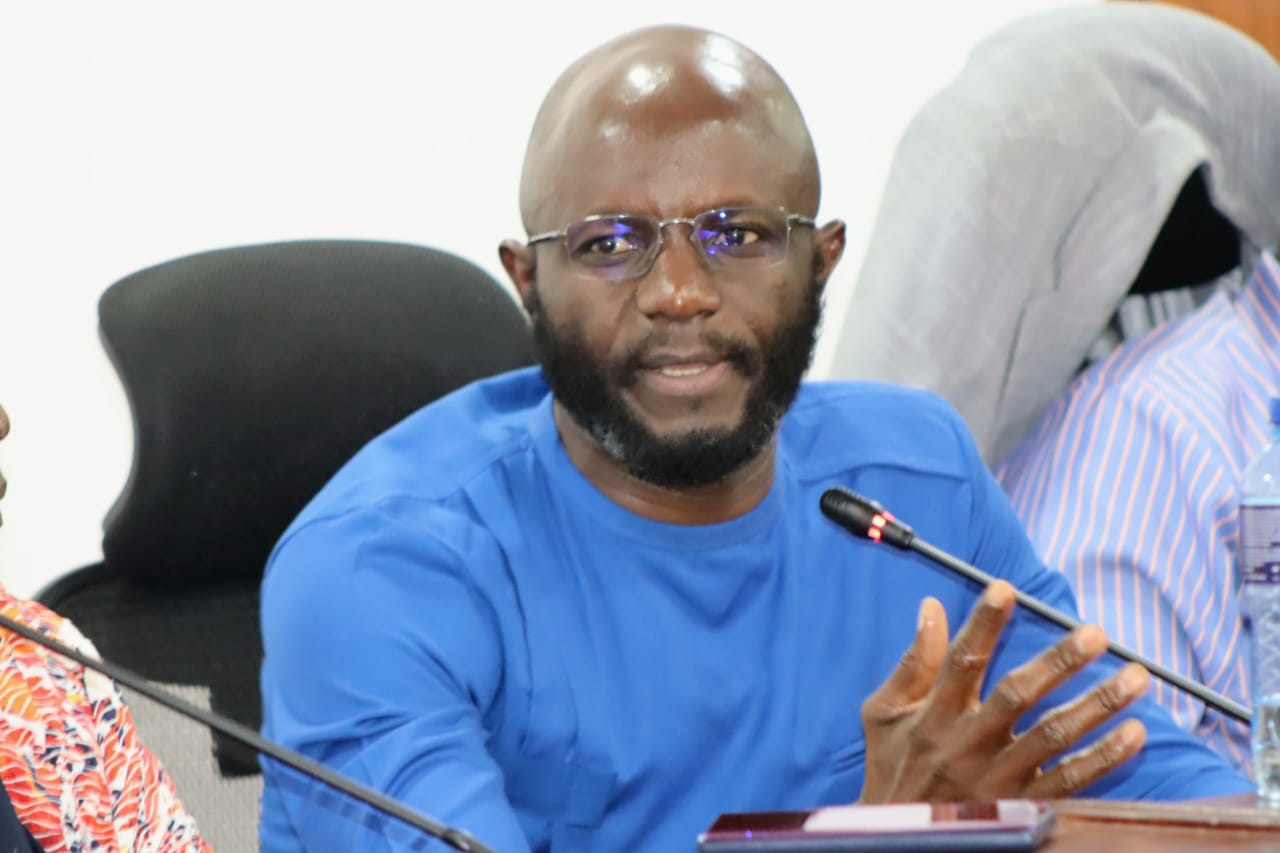Laws: Let’s all have an open discussion

Today marks 10 years since the enactment of the 2010 Constitution. Barrels of ink have been used in the debate on the quality and transformational elements of the document adopted after decades of struggle and sacrifice.
Those in the academy and the courts have been debating whether Kenya’s Constitution has yielded progressive or liberal jurisprudence.
And while its proponents describe it as forward looking, its critics argue the document is too ambitious and that some of its articles are either impractical or unenforceable.
The articles on gender equity and the Bill of Rights have been singled out as problematic.
However, there is near consensus the 2010 Constitution has not only helped cure abuse of power and a centralised system of resource allocation through devolution and a highly celebrated Bill of Rights, but also empowered ordinary people through a demand for public participation in decision-making on issues affecting them.
Indeed unlike the independence constitution that vested power in the presidency, the current supreme law of the land entrusts all the power to the people which they can exercise directly or indirectly.
As the country takes stock on effects of the Constitution on our governance system and values, public opinion is divided on whether time is ripe to amend it.
True, no constitution is perfect. Its critics, for instance, argue changes should be made to either strengthen or scrap the Senate, broaden the Executive, ensure independence of the Legislature from the Executive, define the role of deputy governors, empower the President to fire a deputy, reconstitute the Judicial Service Commission and remove term limits for governors.
However, there are those who argue that while the 2010 Constitution may not be without blemish, the major challenge lies with its implementation.
They retain reservations and suspicion that efforts to re-examine the Constitution could be motivated by vested political interest.
The fact that drafters of the Constitution entrenched the process of amending it in the Supreme law, they were aware that situations may arise for its review. Indeed, there have been unsuccessful efforts to amend it.
While we encourage a national conversation on possible constitutional reforms, we insist the process must be transparent, widely consultative, beyond short-term political interests and, critically, involve Kenyans.















